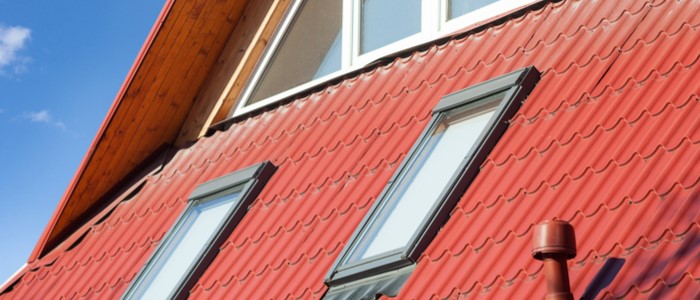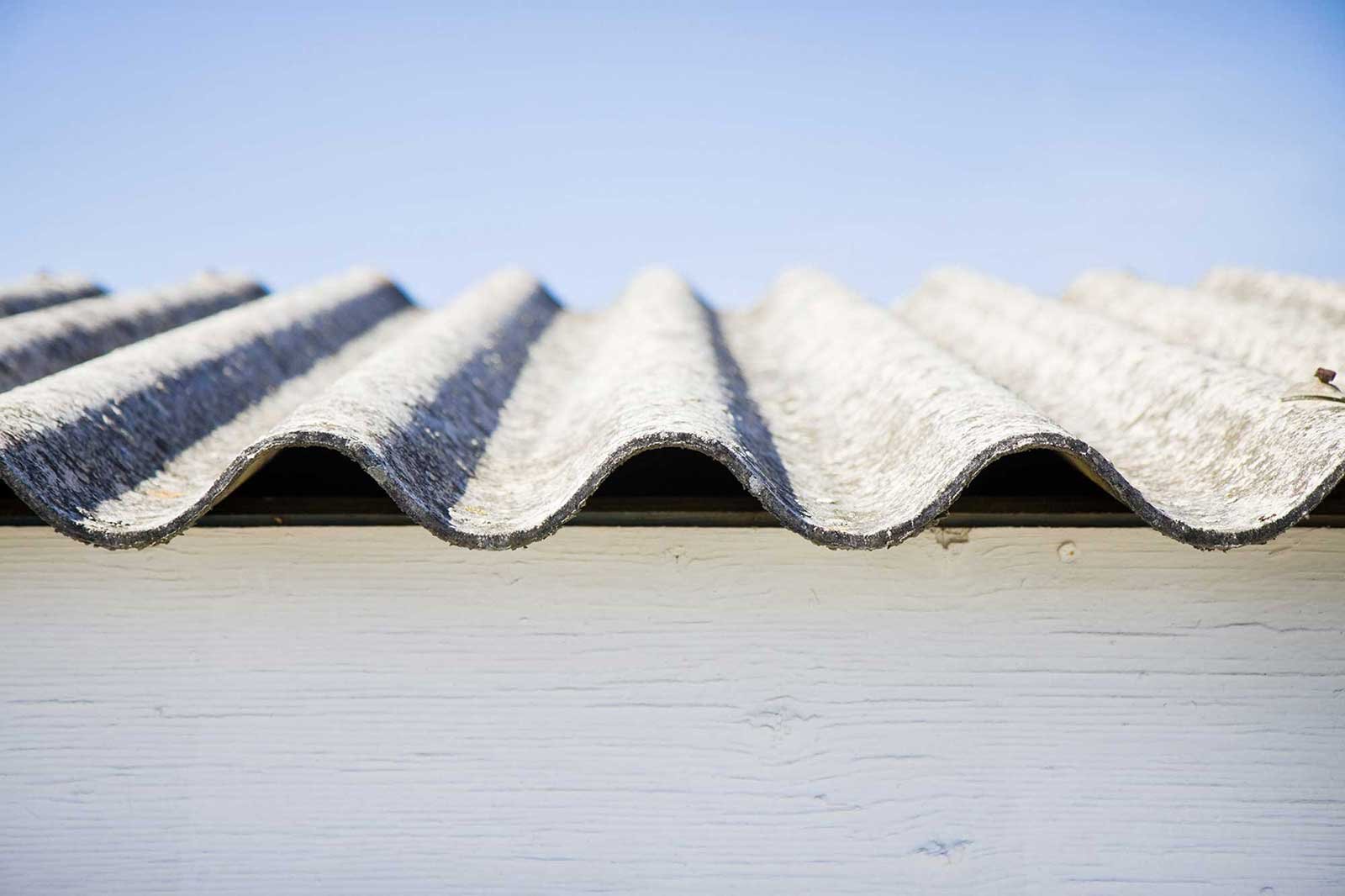
Jul








We’ve shared a few ways to keep your roof cool this summer and in this post, we focus on one of these ideas - ventilation. But does it really work? Let’s walk through a few ideas around ventilation.
Active roof ventilation will continually circulate the air in your roof space, both hot and cold. Have an inlet and outlet vent of the same volume to equalize the air flow with a pair of ventilators to each zone of a roof space.
These ventilators are best situated within the roof covering, it’s basic fluid dynamics: fresh air in - stale, moist heated air out. Insulation is certainly useful in preventing heat build up in your home, but it only passively delays the transfer of this heat from the roof cavity to your living areas, and only by a few hours. It is just one part of a balanced system.
Insulation is a big part of the effectiveness of ventilation. Before insulation became commonly used in Australia, old roof ventilation devices used to have fans inside them, but now most versions don't.
In homes/sheds that have no ventilation and insulation, a Roof ventilator could make a difference, particularly if the roof ventilator is motorized. If you wanted to ventilate a roof cavity right, Ridge cap ventilation (along the whole ridge) is capable of moving much more air with a much larger surface area opening. For surviving the heat, relying on Insulation and air tightness is a much more logical way to go, especially in places where temperatures can drop quite low at night or during the winter period.
Whirly birds are cylindrical domes with fins that spin in the wind to create a vacuum, sucking up warm air in a roof cavity. For smaller houses or apartments they are a viable alternative to larger ventilation systems.
However, it’s noted that non-powered roof ventilation can move an almost insignificant amount of air. You’ll notice how it’s never actually documented how much air they can move. Solar/Electric roof ventilation can move more air but it has problems depending on the seasons, and reducing gaps in insulation is still way more efficient.
BOOK A FREE
ROOF CONSULTATION











79 Cambridge Street, Coorparoo Brisbane QLD 4151
QBCC Lic. #1147373 Master Builders 64246